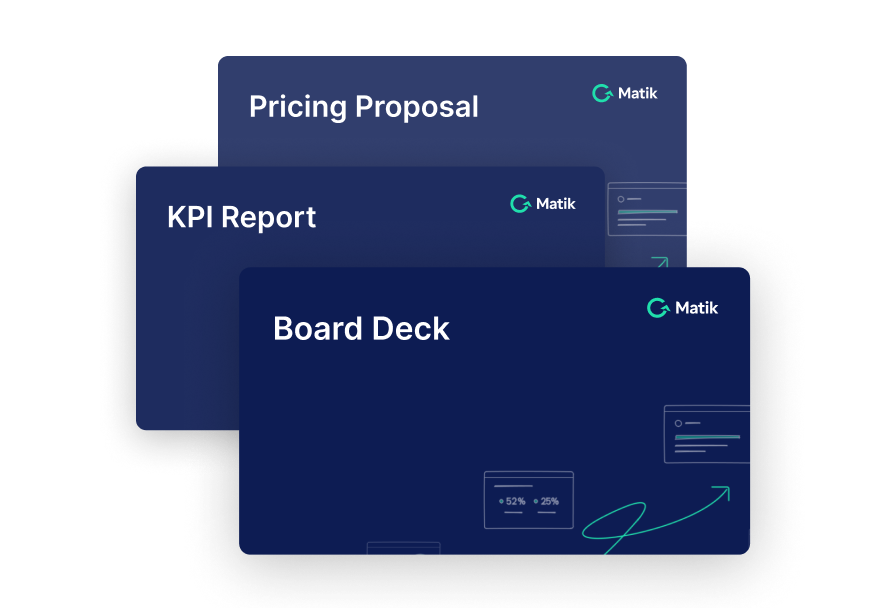Join Our Newsletter
Join this panel discussion to learn how to leverage data when it comes to scale. From analyzing data to better understand customers to using data to create more compelling customer interactions & experiences, data is a key part of the foundation on which teams build scale.
This panel will dive into:
- Different approaches to scaling data
- Why data doesn’t need to be perfect
- How to work with key stakeholders
- Wins & learnings from scaling data at top companies
Speakers:
Conor Kelly - Scaled Insights Manager as Asana
Nick Jaton - Data Engineer - CS Ops at Samsara
Nik Mijic - Founder & CEO at Matik
Q&A
Is there consideration looking at the process itself? Perhaps the process needs to be redesigned or human behavior needs to change rather than automating it.
Nick: Absolutely. It is important to take the time to understand what is being automated prior to diving in. This is especially true with larger projects. Sometimes it makes sense to modify the process instead of automating it. Additionally, sometimes it can make more sense to create tools around that process instead of what was initially introduced depending on the level of effort vs. impact.
How do you get your stakeholders to better articulate what they need help with?
Nick: A good starting point is to try and understand what their team does on a day to day basis & what pain points they’re struggling with. Oftentimes the project they’re proposing isn’t actually what is needed & a better outcome can be determined through a brainstorming session.
How do you stay on top of data requests from the inside (data team) vs from the requestors end? If the requestor stops engaging with the ticket, or has multiple open going stale any tips there?
Nick: This can be a tricky situation. My initial thoughts would be to take an audit of the most important tasks & be clear on their timelines. If a stakeholder isn’t engaging with a ticket, my first assumption would be that they don’t consider it to be a high priority. In this case, I would say it is probably fine to move it in the backlog and continue with higher priority tickets. This ticket can be canceled later during a JIRA grooming session if they are still not engaging with the ticket. That being said, I would audit these types of tickets periodically to determine if other teams are requesting similar data. If this is the case, it might still be worth building out the request.
---
See Matik in Action—Request a Demo



.png)






.png)
.png)





